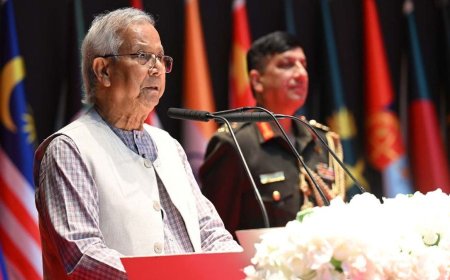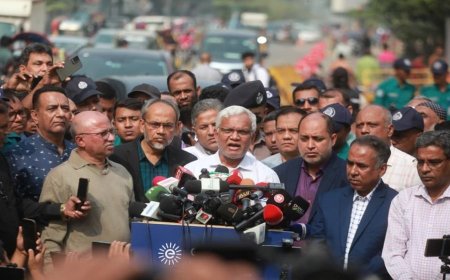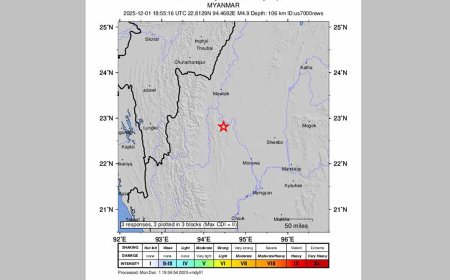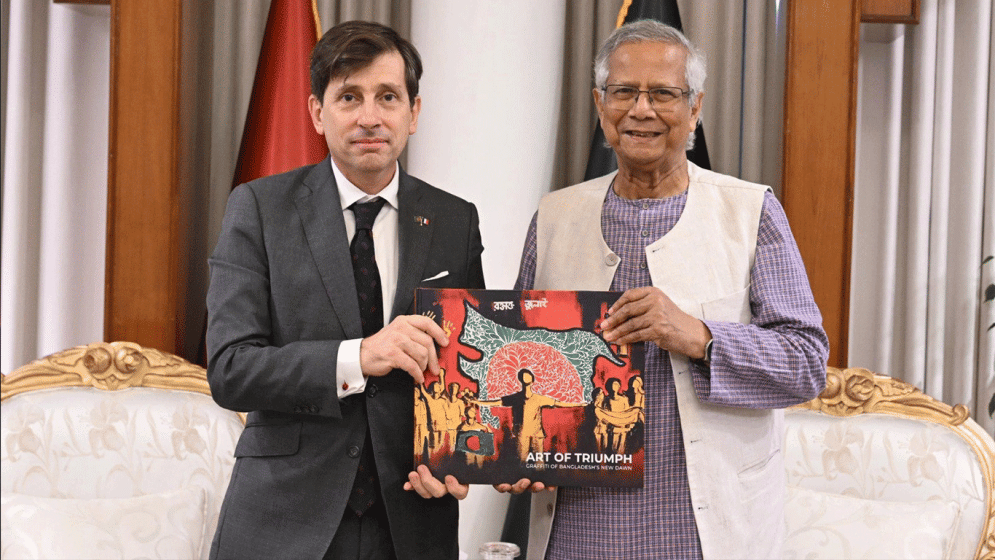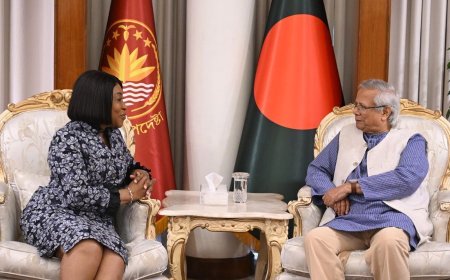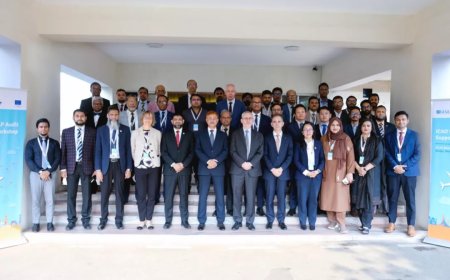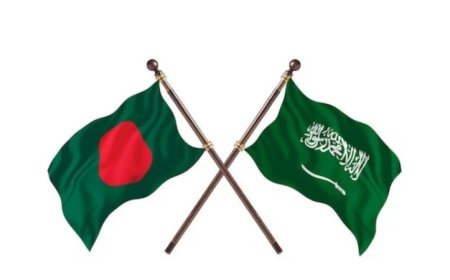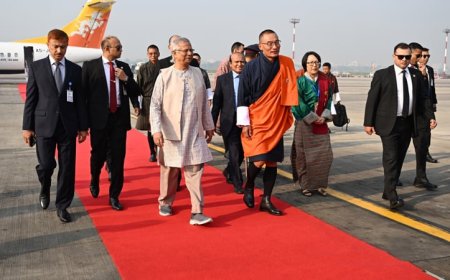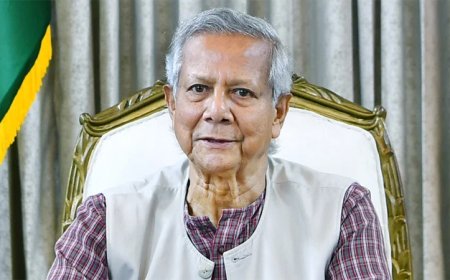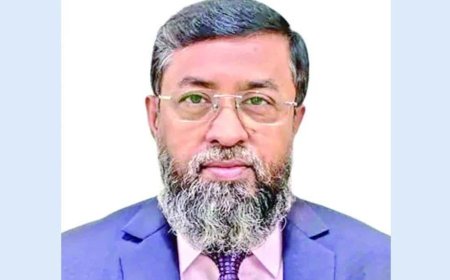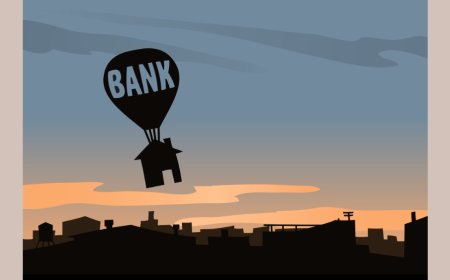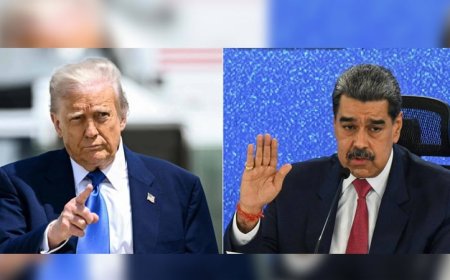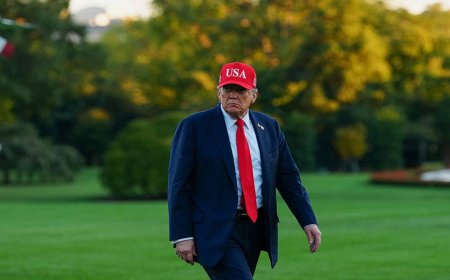Bangladesh's Erosion of Sheikh Mujibur Rahman's Legacy: His Birth and Death Anniversaries Removed as National Observances
Bangladesh's Erosion of Sheikh Mujibur Rahman's Legacy: His Birth and Death Anniversaries Removed as National Observances
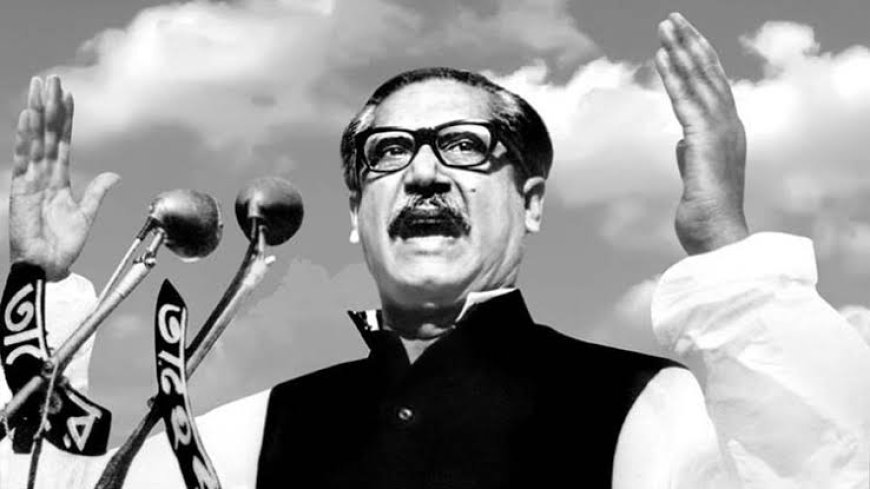
Bangladesh seems to be diminishing the legacy of Sheikh Mujibur Rahman, the country's independence hero and the Father of the Nation. The interim government has annulled eight national observances, including the birth and death anniversaries of Mujibur Rahman, as well as the day he delivered his historic speech. The decision was announced on Wednesday, October 16, following approval from the Chief Adviser of the interim government, Muhammad Yunus. A statement issued said, “The Advisory Council recently decided to cancel these eight observances in a meeting. The Cabinet Division will soon issue a circular confirming the cancellation.”
The cancelled observances include:
- March 7, commemorating Bangabandhu's iconic speech
- March 17, Bangabandhu’s birth anniversary and National Children’s Day
- August 5, the birth anniversary of Captain Sheikh Kamal
- August 8, the birth anniversary of Bangamata Begum Fazilatunnesa Mujib
- August 15, the death anniversary of Bangabandhu and National Mourning Day
- October 18, Sheikh Russell Day
- November 4, National Constitution Day
- December 12, Smart Bangladesh Day
Sheikh Mujibur Rahman, who became Bangladesh’s first prime minister, later introduced a one-party system before assuming the presidency in January 1975. Less than a year later, he was assassinated by a group of soldiers on August 15, along with his wife and three sons.
This move is not the first attempt to undermine Rahman's legacy. In the past, after former Prime Minister Sheikh Hasina left the country, a statue of Mujibur Rahman in Dhaka was destroyed.
Furthermore, last month, members of the National Press Club in Dhaka marked the 76th death anniversary of Muhammad Ali Jinnah, the founder of Pakistan. Bangladesh, which was once known as East Pakistan, won its independence in 1971 with significant assistance from India. During the press club's gathering, speakers not only praised Jinnah but also criticized India. Md Samsuddin, convenor of Nagorik Parishad, argued that Bangladesh, if it hadn't been part of Pakistan in 1947, would have faced a situation similar to Kashmir's. He claimed that Bangladesh gained its independence because of Pakistan, which Jinnah helped create.
Another attendee, Md Shakhawat, suggested that Jinnah’s actions ended the "political incompetence" and "strife" in the subcontinent. Despite this narrative, it is important to remember that East Pakistan was often treated as a neglected region, suffering economically while the ruling class in Islamabad turned a blind eye to its struggles. The authorities in Pakistan regarded the Bengali Muslims of East Pakistan as "too 'Bengali'" and their version of Islam as "inferior," which contributed to the tensions that eventually led to the region’s fight for independence.
What's Your Reaction?








